We may not have the course you’re looking for. If you enquire or give us a call on +27 800 780004 and speak to our training experts, we may still be able to help with your training requirements.
Training Outcomes Within Your Budget!
We ensure quality, budget-alignment, and timely delivery by our expert instructors.

Imagine your website is like a hidden gem on a deserted island. It’s valuable, well-crafted, and bursting with information. But what good is it if no one knows how to find it? That’s where Link Building comes in—a virtual map that links your site to the rest of the internet. With the right links, your website can move from being an online wallflower to the star of the show.
In this blog, we’ll explain Link Building, exploring what it is, why it matters, and how you can utilise it to boost your website’s visibility and credibility. From earning your first backlink to mastering advanced strategies, this is your roadmap to Link Building success.
Table of Contents
1) What is Link Building in SEO?
2) The Importance of Links
3) How to Build Links?
4) Effective Link Building Strategies
5) Top Backlink Building Techniques
6) Factors Influencing a Backlink's Value
7) Best Tools for Link Building
8) Conclusion
What is Link Building in SEO?
Link Building involves obtaining hyperlinks from separate websites that point back to your own. Such hyperlinks, commonly referred to as backlinks, act as a signal of trust, indicating that your content is valuable and worth referencing.
From the viewpoint of a search engine, links are like pathways connecting different corners of the internet. They not only help users navigate between websites but also enable search engine crawlers to discover and index web pages.
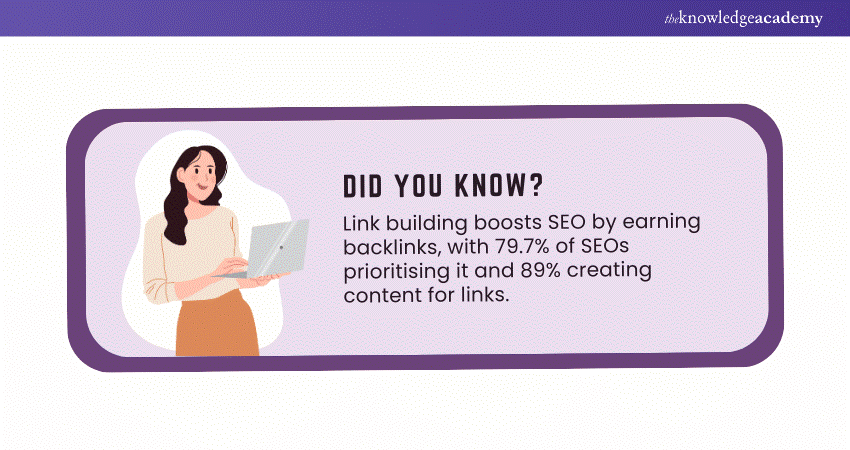
Types of Links in SEO
a) Internal Links: Links that join pages inside the identical website. For instance, linking a blog post to every other related blog post inside your website.
b) External Links (Backlinks): Links from external websites that direct users in your site. These are essential for constructing your website’s credibility and ranking strength.
When top notch, authoritative websites link to your content, it alerts to search engines that your site gives precious and reliable information. This boosts your search ratings and, in flip, will increase your visibility to capacity traffic.
The Importance of Links
Backlinks are among Google’s top-ranking factors, which means they hold significant sway in determining where your website pops up on Search Engine Results Pages (SERPs). But why are links so influential?
Key Benefits of Links in SEO
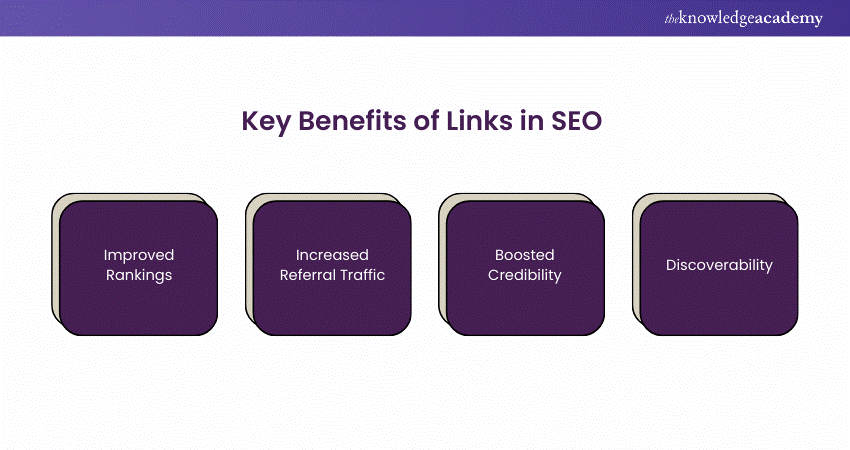
a) Improved Rankings: Search engines interpret backlinks as votes of confidence. Websites with numerous and first-rate link profiles are much more likely to rank better.
b) Increased Referral Traffic: Backlinks from popular websites can convey direct visitors to your site, mainly while they come from relatively applicable assets.
c) Boosted Credibility: Links from authoritative websites lend credibility to your website, positioning it as an honest supply of information.
d) Discoverability: Links help search engines like Google and Yahoo locate and index your content material, making sure that your website is discoverable to users looking for related topics.
Building a healthy backlink profile takes effort and time, however the rewards are really worth it.
How to Build Links?
There are several approaches to building links, each with its own set of strategies and best practices. Broadly, link-building techniques can be grouped into four categories: earning, requesting, adding, and purchasing.
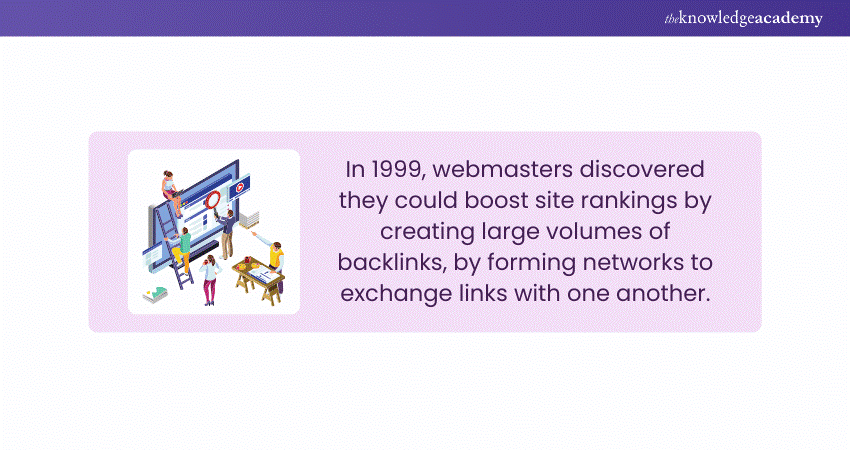
1) Earning Links
Earning links is often referred to as “natural Link Building.” This method involves creating high-quality, valuable content that others want to link to without you needing to ask.
How to Earn Links:
a) Publish comprehensive guides, tutorials, or how-to content
b) Conduct original research or surveys and share the results
c) Create engaging visual content like infographics or videos
d) The key is to provide exceptional value, making your content irresistible to other webmasters.
2) Requesting Links
Sometimes, earning links isn’t enough—you must ask for them. It includes reaching out to website owners and suggesting your content as a valuable resource they should consider linking to.
Tips for Requesting Links:
a) Personalise your outreach emails. Avoid generic templates
b) Clearly explain the value of your content providers
c) Focus on websites that are relevant to your niche
3) Adding Links
This method involves manually placing your links on other websites, often through blog comments, forums, or online directories. While it’s a straightforward approach, be cautious—spammy link placement can lead to penalties.
Where to Add Links:
a) Submit your website to reputable business directories
b) Engage in discussions on niche forums and include your link when relevant
c) Leave insightful comments on blog posts with links to your related content
4) Purchasing Links
Purchasing links involves paying other websites to include backlinks to your site. While this may seem like a shortcut to success, it’s a risky approach. Google discourages paid links and penalises sites that use them improperly.
Effective Link Building Strategies
If you’re serious about building a robust backlink profile, you’ll need a mix of strategies tailored to your goals and audience. Let’s explore some of the most effective link-building strategies.
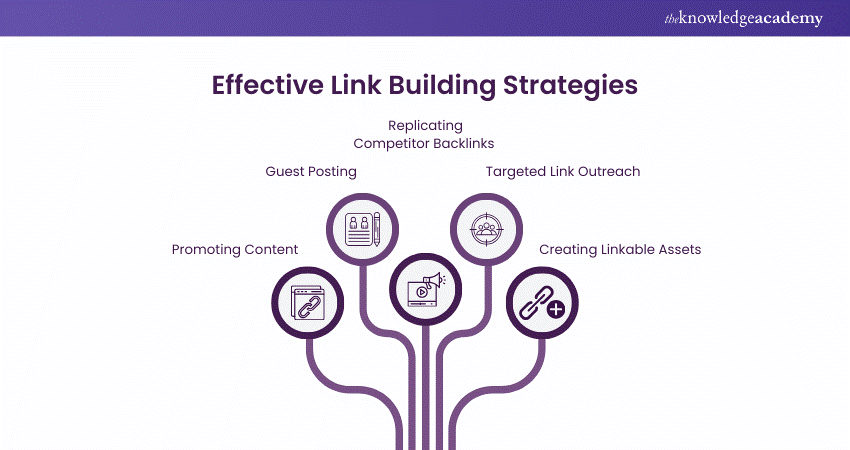
1) Promoting Content
Creating share-worthy content is the foundation of successful Link Building. Content that solves problems, entertains, or educates is more likely to attract backlinks naturally.
Examples of Shareable Content:
a) Comprehensive guides
b) Case studies
c) Infographics
d) Industry news and updates
2) Guest Posting
Guest posting involves writing blogs for other websites in your industry, including links to your site within the content. It’s a win-win: the host site gets fresh content, and you get a valuable backlink.
3) Replicating Competitor Backlinks
Identify your competitors' backlinks' sources and aim to obtain links from those same sites. Tools like Ahrefs and Moz can help identify these opportunities.
4) Targeted Link Outreach
Figure out relevant websites and reach out to them directly, proposing your content as a helpful resource. This strategy requires persistence and well-crafted outreach messages.
5) Creating Linkable Assets
Develop content specifically designed to attract links. Examples include:
a) Free tools or calculators
b) Downloadable templates
c) Interactive quizzes
Learn powerful SEO strategies with our SEO Course to drive massive organic traffic – join us today!
Top Backlink Building Techniques
For more advanced link-building efforts, here are some tried-and-tested techniques:
1) Engage in Broken Link Building
Find broken links on other websites, inform the site owner, and suggest replacing them with links to your content.
2) Develop Linkable Assets
Create high-value resources such as research reports, whitepapers, or tutorials that naturally attract backlinks.
3) Perform a Backlink Gap Analysis
Identify sites linking to your competitors but not you. Reach out and pitch your content as an alternative.
4) Utilise Digital PR
Collaborate with journalists, bloggers, and influencers to get your content featured in media outlets, boosting your link profile and brand visibility.
5) Identify Unlinked Brand Mentions
Monitor instances where your brand is mentioned online but not linked. Reach out to request a backlink.
6) Study Competitor Backlinks
Analyse competitor backlink strategies and replicate the most successful ones
7) Recover Lost Backlinks
If backlinks to your site are removed or broken, reach out to the site owner to restore them.
8) Execute Email Outreach
Craft compelling emails to webmasters, suggesting your content is a valuable addition to their resources.
9) Serve as a Source
Platforms like Help a Reporter Out (HARO) allow you to connect with Journalists looking for expert quotes. Providing valuable input can earn you backlinks in return.
Factors Influencing a Backlink’s Value
Not all backlinks are created equal. Here are the factors that influence their value:
1) Link Placement
Links embedded in the main content of a page carry more weight than those in footers, sidebars, or other less-visible locations.
2) Anchor Text
Anchor text of a link must be relevant and descriptive. Over-optimising anchor text can lead to penalties, so aim for natural and varied phrasing.
3) Authority
Links from high-authority websites (e.g., established news outlets, and government sites) are more valuable than those from less credible sources.
4) Relevance
Links from websites closely connected to your niche or industry are more impactful than irrelevant links.
5) Destination
The quality of the page being linked to matters. Ensure the destination page is well-optimised, valuable, and user-friendly.
Best Tools for Link Building
To simplify and optimise your link-building process, leverage these powerful tools:
1) Google Search Console
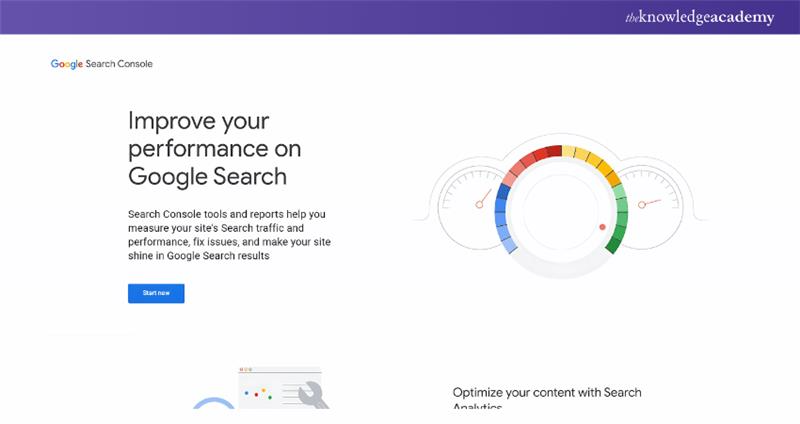
Track your site’s performance and perceive existing inbound links to monitor your usual Search Engine Optimisation health. It facilitates you apprehend how Google views your website and highlights regions for development. Additionally, it affords insights into crawl mistakes, search queries, and pages that want optimisation, making it indispensable for Link Building.
2) Majestic
Analyse backlink profiles and compare the quality of capacity linking possibilities with this sturdy tool. Majestic's Trust Flow and Citation Flow metrics let you examine the credibility of links pointing on your web page. Its sizable database facilitates discover linking patterns, permitting you to prioritise excessive-cost possibilities.
3) Link Explorer (Moz)
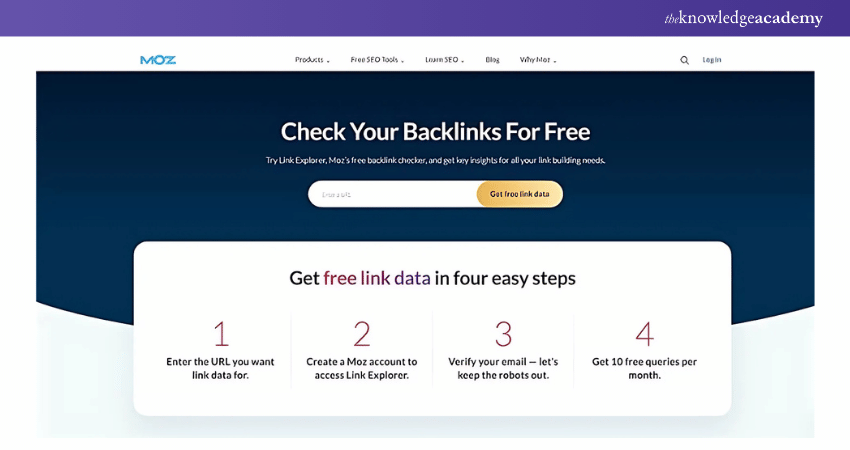
Measure your domain authority and compare your link profile with competitors to locate development regions. The device gives particular insights into inbound hyperlinks, anchor textual content, and spam scores, enabling you to keep a healthy link profile. With its "Link Intersect" characteristic, you can discover sites linking to competitors but not to you, growing new opportunities.
4) Screaming Frog
Conduct technical audits, identify broken links, and uncover link-building opportunities using this crawler. It scans your entire website for errors, such as 404 pages, and helps you optimise internal linking structures. Screaming Frog also integrates with other tools such as Google Analytics, providing a detailed view of your website’s link health.
5) Ahrefs
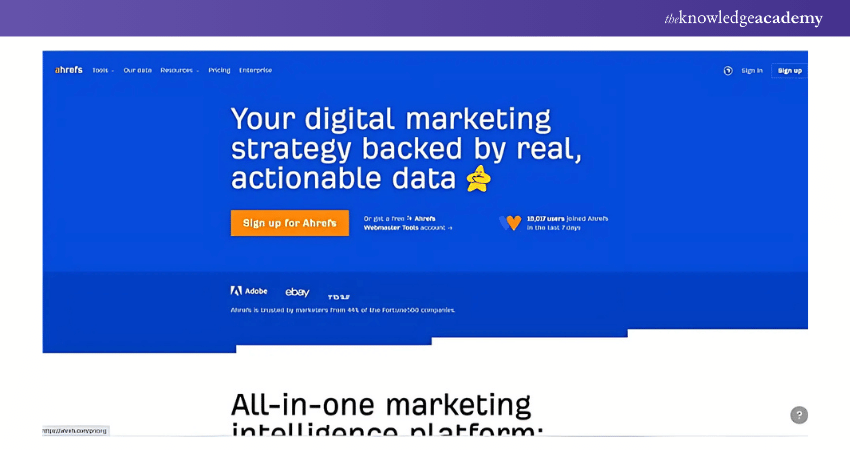
A comprehensive tool for finding backlink opportunities, analysing competitors, and tracking your progress. Ahrefs boasts one of the top-most backlink databases, permitting you to perform in-depth research on your competitors’ link strategies. Its "Content Explorer" and "Site Explorer" features help you discover content that attracts links and track lost backlinks for recovery efforts.
Elevate your brand and career with our Digital Marketing Course - start your journey today!
Conclusion
Link Building is an indispensable part of any successful SEO strategy. By understanding its fundamentals, implementing effective strategies, and leveraging the appropriate tools, you can enhance your site’s authority, improve rankings, and drive sustainable traffic. The journey to building a strong link profile may be time-consuming, but it’s a worthwhile investment.
Boost your marketing game with the right tools! Join our Digital Marketing Tools Training now and elevate your strategy – Register now.
Frequently Asked Questions

Link Building is highly effective when done correctly, as backlinks are one of Google’s top-ranking factors. Quality links from authoritative, relevant websites enhance your search visibility, drive referral traffic, and improve your domain authority. The key lies in prioritising quality over quantity for sustainable results.

The future of Link Building focuses on quality, relevance, and building genuine relationships. Techniques like digital Public Relations (PR), linkable assets, and leveraging Artificial Intelligence (AI) for outreach will gain prominence, while manipulative link schemes will continue to decline.

The Knowledge Academy takes global learning to new heights, offering over 30,000 online courses across 490+ locations in 220 countries. This expansive reach ensures accessibility and convenience for learners worldwide.
Alongside our diverse Online Course Catalogue, encompassing 19 major categories, we go the extra mile by providing a plethora of free educational Online Resources like News updates, Blogs, videos, webinars, and interview questions. Tailoring learning experiences further, professionals can maximise value with customisable Course Bundles of TKA.

The Knowledge Academy’s Knowledge Pass, a prepaid voucher, adds another layer of flexibility, allowing course bookings over a 12-month period. Join us on a journey where education knows no bounds.

The Knowledge Academy offers various Digital Marketing Courses, including Digital Marketing Course, SEO Course, Search Engine Marketing (SEM) Training and Google Ads Certification. These courses cater to different skill levels, providing comprehensive insights into SEO in Digital Marketing.
Our Digital Marketing Blogs cover a range of topics related to Digital Marketing, offering valuable resources, best practices, and industry insights. Whether you are a beginner or looking to advance your Digital Marketing skills, The Knowledge Academy's diverse courses and informative blogs have got you covered.
Upcoming Digital Marketing Resources Batches & Dates
Date
 SEO course
SEO course
Fri 24th Jan 2025
Fri 28th Mar 2025
Fri 23rd May 2025
Fri 25th Jul 2025
Fri 26th Sep 2025
Fri 28th Nov 2025







 Top Rated Course
Top Rated Course



 If you wish to make any changes to your course, please
If you wish to make any changes to your course, please


